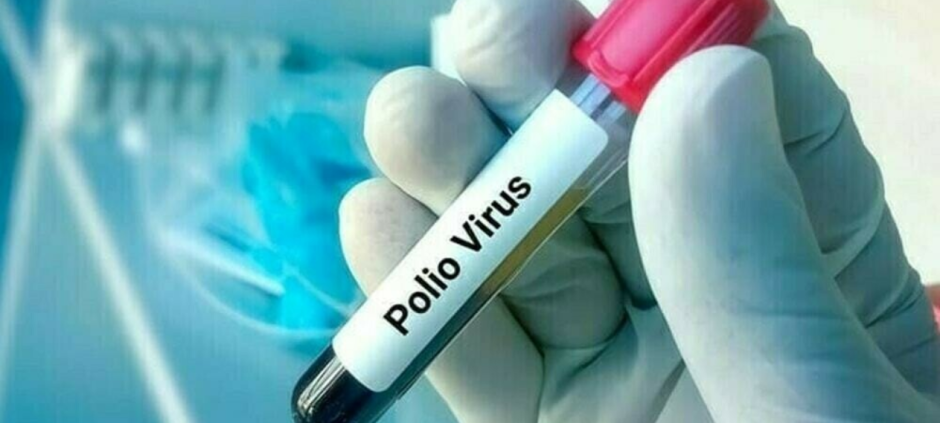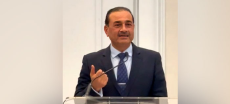The Pakistan Polio Eradication Programme has confirmed the detection of wild poliovirus type 1 (WPV1) in environmental samples from seven additional districts, highlighting continued silent transmission of the virus in both urban and rural areas.
According to a report released by the Regional Polio Laboratory at the National Institute of Health (NIH), sewage samples collected between May 8 and May 23 tested positive for poliovirus in Gwadar, Quetta, South Waziristan Lower, South Waziristan Upper, Rawalpindi, Larkana, and Mirpurkhas. In contrast, samples from Lahore and Pishin showed no signs of the virus, offering a rare but limited source of optimism.
Also Read: Polio Eradication Takes Center Stage in Balochistan
The findings came from nine sewage samples analysed under the ongoing environmental surveillance initiative. Officials say the repeated presence of WPV1 in the environment confirms that the virus continues to circulate silently within communities, calling for intensified vaccination coverage and public awareness.
Despite multiple national immunisation drives, Pakistan remains one of only two countries where polio is still endemic. So far in 2025, 12 cases have been reported nationwide — with the latest from Bannu, Khyber Pakhtunkhwa, a region known for both logistical challenges and vaccine hesitancy.
Urban areas are also witnessing growing resistance. The Emergency Operations Centre in Karachi recorded a sharp rise in parental refusals during the May campaign, with over 37,700 families declining to vaccinate their children, citing misinformation and fear.
Officials stressed that continued cooperation from parents and communities is crucial. “The fight against polio is at a critical stage. Environmental detections mean the virus is still among us — and we must not let our guard down,” an NIH official warned.











